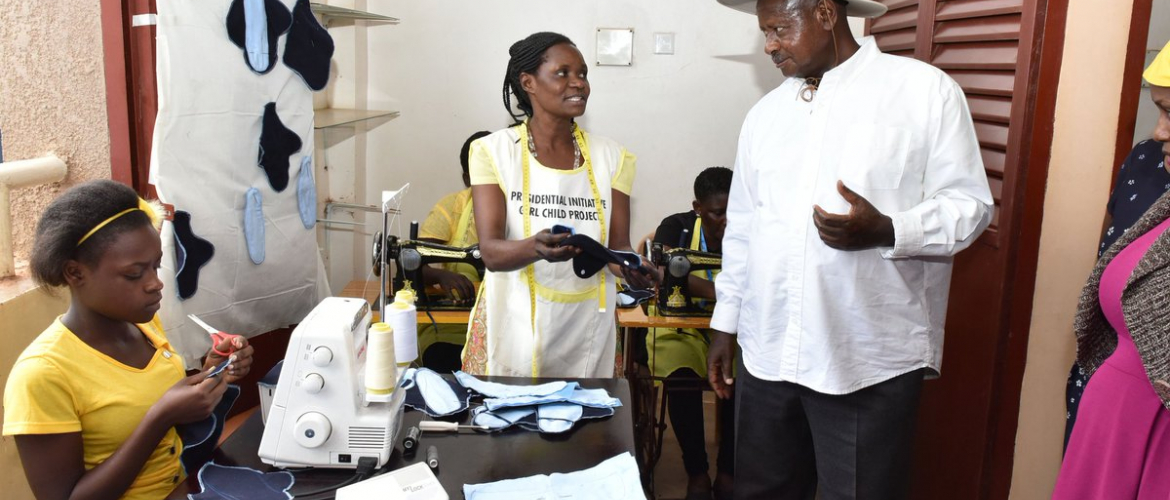
In the past, NRM invested in the Youth Livelihood Programme to help the young people start their own businesses. About Ush160.2 billion was lent to various youth groups across the country. We are now turning to training them to gain skills that they can use to work in factories or service sectors or start their own cottage businesses.
In the past term, President Museveni piloted a skilling programme for the youth and women throughout the five divisions of Kampala. He established centres to train the youth and women that many people had dismissed as abataasoma/bamisomo gyalema (the uneducated). The centres train these youth in carpentry, fabrication and welding, shoemaking, embroidery, tailoring, weaving, hairdressing, knitting, bakery, crafts and stone-cutting (for the areas with stones). In addition, we are going to introduce financial literacy for them to manage their enterprises better.
The programme has so far skilled and funded 14,448 youth (12,564 girls and 1,884 boys) and 36,300 women. The training is free of charge and requires no prior education qualifications and local languages are used for instruction. Having registered commendable success in Kampala, NRM is going to roll out the skilling project throughout the country through the establishment of the zonal industrial hubs. Each centre will have an intake capacity of between 200 and 300 with dormitories to accommodate those coming from afar. Those living nearby will be day scholars.
This youth and women skilling programme will be implemented in conjunction with the industrial parks. Those who want to put their skills to use, by establishing cottage industries, will be facilitated (with finances, technology, standards and quality assurance) to set up a cottage linked to the cluster implemented by the industrial park.
Those who prefer to work in the established industries or elsewhere on farms, workshops, garages or carpentries will find it easier to get jobs.
Construction of the hub is ongoing in different parts of the country, guided by the 20 zones. Through these hubs, we will be able to get back our jobs that since colonial times have been lost to countries where we buy imports. Before colonialism, we had: abakomagyi (cloth makers), abahazi (leather tanners), abaremi (shoemakers), ababaizi (wood workers), abanogoozi, ababumbi (ceramics — clay, people making clay products of all types), abaheesi (blacksmiths), abatanagyi (bow and arrow makers), abariimbi (lake experts in making rafts — ebiba), abaziingyi (makers of copper and iron bracelets). These jobs were lost upon the arrival of colonialists with their distortions and selfish agenda.

